Bob Axelrod's latest paper, published in Psychological Science, explores increasing attention to causality in western society.
John Ayanian is serving on a National Academies committee focused on accounting for socioeconomic status in Medicare payment programs. Recent articles by Ayanian have been published by the Journal of the American Medical Association and the New England Journal of Medicine.
Please join us in congratulating John Ciorciari, who was promoted to associate professor of public policy with tenure at the May 19 meeting of the Board of Regents.
In May, Susan Collins interviewed Ben Bernanke at the Economic Club of Grand Rapids' annual black-tie dinner, which drew 1,600 registered guests. Collins has been tapped to serve as an evaluating judge for 100&Change, a MacArthur Foundation competition that will award a $100 million grant to a single proposal designed to help solve a critical problem.
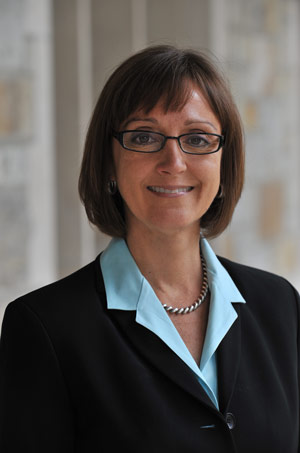
Alan Deardorff racked up the frequent flyer miles during his sabbatical with trips to Australia, China, Germany, Japan and, closer to home, New Haven, and Evanston. Largely, he's been talking about multilateral trade negotiations, but in New Haven, he also took the opportunity to visit with Jim Levinsohn, and in Evanston, he offered the Presidential Address at the annual meeting of the Midwest Economics Association.
Kathryn Dominguez, who is due for a sabbatical, stepped down from her role as associate dean for academic programs this fall. The Ford School is deeply appreciative of her leadership and service.
In June, Susan Dynarski organized a Capitol Hill conference on "Restructuring student loans: Lessons from abroad.” Dynarski was voted president-elect of the Association for Education Finance and Policy this spring. She has penned a number of pieces—for Brookings and the New York Times—on student loan policies, tax credits to increase college attendance, why talented black and Hispanic students can go undiscovered, and more.
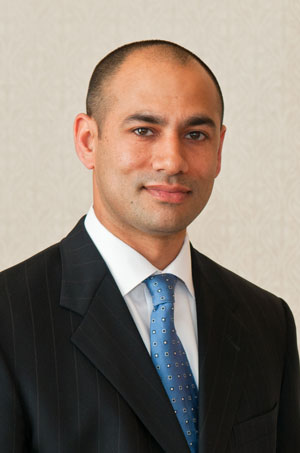
This fall, Elisabeth Gerber begins a two-year term as associate dean for research and policy engagement at the Ford School. She is also chairing the Provost-appointed advisory committee to search for a new dean as Susan M. Collins completes her second and final term in the summer of 2017.
Neel Hajra, president of the Ann Arbor Community Foundation, reports that the foundation recently received HUD's "Public-Philanthropic Partnerships” award for its active role in the Washtenaw Coordinated Funders partnership.
Catherine Hausman's "Market impacts of a nuclear power plant closure,” was published by the American Economic Journal: Applied Economics in April. She has a new NBER working paper, "Price regulation and environmental externalities: Evidence from methane leaks.”
Joshua Hausman's article, "What was bad for GM was bad for America: The automobile industry and the 1937–38 recession,” appears in the June 2016 Journal of Economic History.
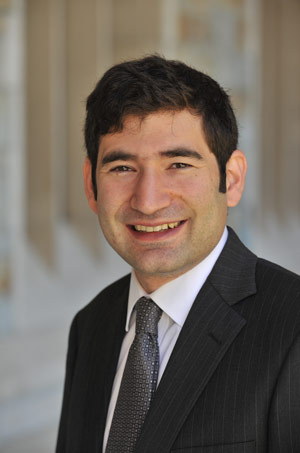
Rusty Hills attended the Republican National Convention in July (it was his 8th since his first service as a delegate in 1976). Hills also co-chaired this year's Republican State Convention in Grand Rapids.
Brian Jacob recently worked with Detroit and U-M leaders to launch the Detroit Data Fellowship program, a two-year, full-time postgraduate fellowship that places U-M alumni in Detroit agencies to provide real-time data support and analysis. With Robin Jacob and Susan Dynarski, Brian received a $2.6 million grant from the Laura and John Arnold Foundation to establish a new Youth Policy Lab that will provide pro-bono analytic support to public sector organizations that serve Michigan youth. Jacob has several new NBER working papers on modern student assessment systems, teacher hiring and performance, and the Michigan Merit Curriculum.
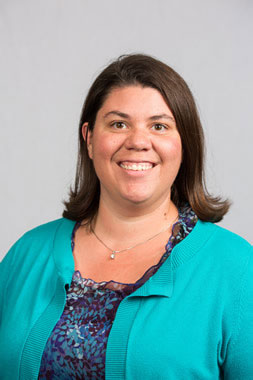
This fall, Paula Lantz began a two-year term as associate dean for academic programs at the Ford School. Lantz is serving as an invited member of a National Academy of Social Insurance panel on "Medicaid as a critical lever in building a culture of health.” She gave a presentation on "Social impact bonds in the U.S. context” at an international conference this June, and her paper on clinical prevention services was published by the Millbank Quarterly.
Stephanie Leiser's (MPP '05) "The diffusion of state film incentives: A mixed-methods case study,” has been accepted for publication by Economic Development Quarterly.
As former U.S. Ambassador to Brazil, Melvyn Levitsky has been quoted in a number of articles this year on the country's Olympic activities and political and economic challenges. These pieces have appeared in the New York Times, Wall Street Journal, Financial Times, and more. Levitsky also served as U.S. Ambassador to Bulgaria and was interviewed by Bulgarian National Radio for a story on the attempted assassination of the pope in 1981.
Sarah Mills won an $80,000 grant from the Charles Stewart Mott Foundation to investigate community attitudes toward wind energy in Michigan.
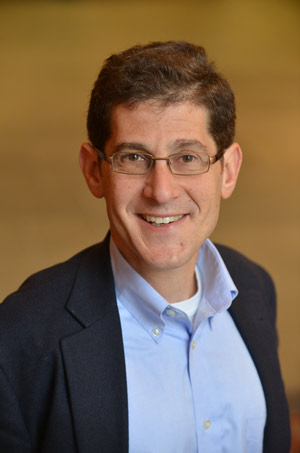
Kary Moss, executive director of the ACLU of Michigan, was recognized by Crain's Detroit as one of the 100 most influential women in the city.
Shobita Parthasarathy, who founded U-M's Science, Technology, and Public Policy program in 2006 with former U-M President Jim Duderstadt, returned to the helm as director this fall. Her latest book, Patent Politics: Life Forms, Markets, and the Public Interest in the United States and Europe (University of Chicago Press) will be released in February.
Natasha Pilkauskas contributed two chapters to Children of the Great Recession (Russell Sage Foundation). Her recent papers include, "Understanding grandfamilies” in the Journal of Marriage and Family, and "Maternal labor force participation” in Demographic Research.
Barry Rabe continues to serve as co-chair of the EPA's Assumable Waters Advisory Committee. He is also working on a presidential transition project for the National Academy of Public Administration. Rabe's paper, "The durability of carbon cap-and-trade policy,” appears in the January 2016 edition of Governance.
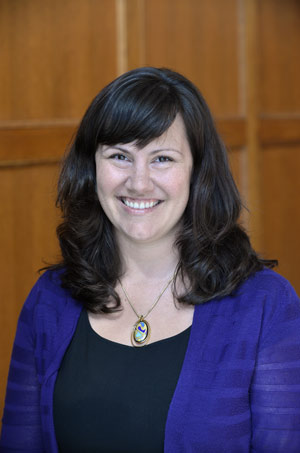
Lecturer Daniel Raimi has accepted a position as a senior research associate with Resources for the Future, a Washington, DC think tank. Raimi's NBER working paper, "Global energy outlook 2015,” was released this spring.
Craig Ruff (MPP '73), a longtime lecturer at the Ford School, returned to his position as Governor Snyder's senior advisor for education in May; he last held the post from 2013-14.
Former Congressman J.H. John "Joe” Schwarz is the subject of a nine-part oral history, produced by the Michigan Political History Society and available online. This October, at a ceremony in Detroit, Schwarz received a Lifetime Achievement Award from the Michigan League of Conservation Voters.
Kristin Seefeldt's (MPP '96, PhD '10) new book, Abandoned Families: Social Isolation in the 21st Century, is set to release this December. Published by the Russell Sage Foundation, the book is described as "a timely, on-the-ground assessment of hardship in contemporary America.”
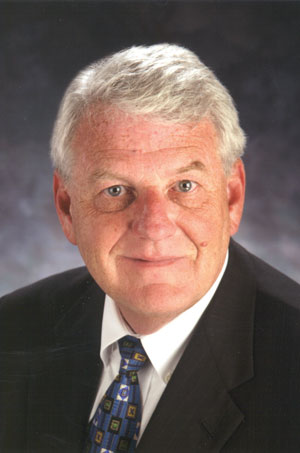
Luke Shaefer was appointed director of Poverty Solutions at the University of Michigan, a new interdisciplinary initiative that aims to inform, identify, and test new strategies for the prevention and alleviation of poverty in Michigan, the nation, and the world. Shaefer's book (with Kathryn Edin), $2.00 a Day: Living on Almost Nothing in America, won the 2016 Hillman Prize for "book journalism in the service of the common good.”
Carl Simon, who has served as director of U-M's Science, Technology, and Public Policy program for the last several years, stepped down at the end of his term last winter. We thank him for his leadership and ongoing engagement.
Kevin Stange and Caroline Hoxby organized a two-day National Bureau of Economic Research (NBER) conference on Productivity in Higher Education; the proceedings will be distributed in an edited volume. Stange has a new NBER working paper, "Labor supply effects of occupational regulation: Evidence from the Nurse Licensure Compact.”
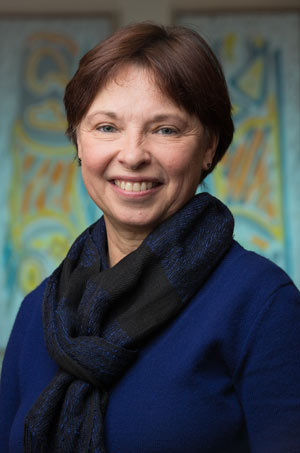
Megan Tompkins-Stange's new book Policy Patrons: Philanthropy, Education Reform, and the Politics of Influence (Harvard Education Press 2016), has been the subject of a number of articles and radio shows since its publication in March (Inside Higher Education, Marketplace Morning Report, Michigan Radio's "Stateside,” and more).
Kaitlin Toner Raimi's paper, "From plastic bottle recycling to policy support: An experimental test of pro-environmental spillover,” was published by the Journal of Environmental Psychology this June.
Maris Vinovskis continues to teach "K-12 Education History and Policymaking,” and to visit and work with education scholars in his native Latvia. He is completing his second volume on the history of Head Start.
Susan Waltz was pleased to be an invited participant in the U.S. Army War College's 62nd annual National Security Seminar, during which students and civilian guests critically examined a series of national security issues.
Below is a formatted version of this article from State & Hill, the magazine of the Ford School. View the entire Fall 2016 State & Hill here.